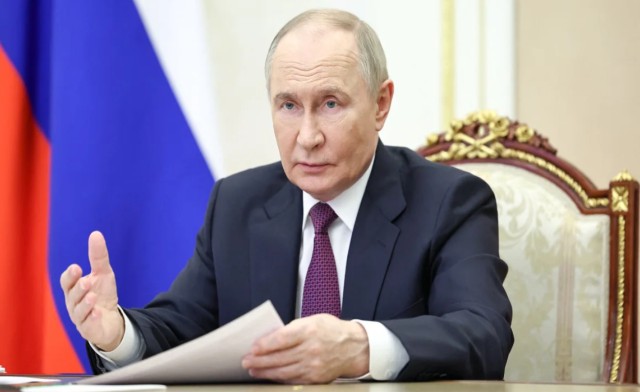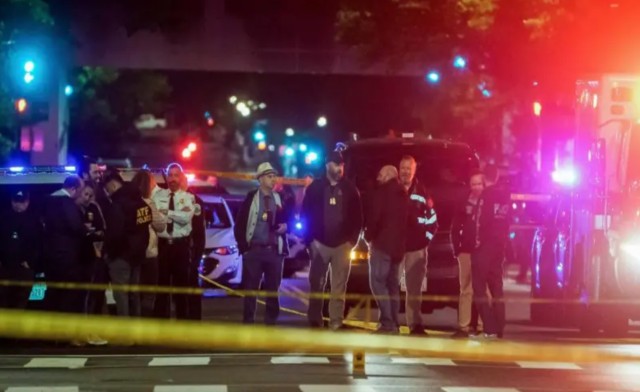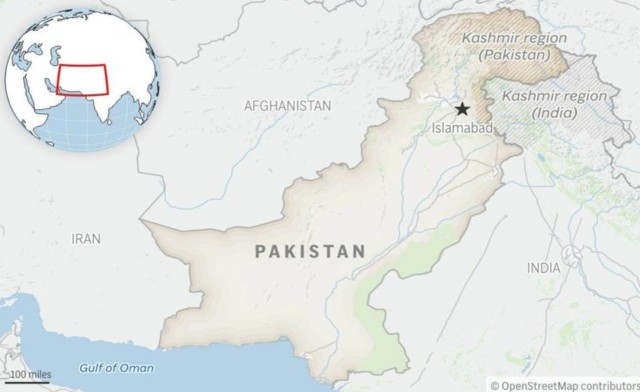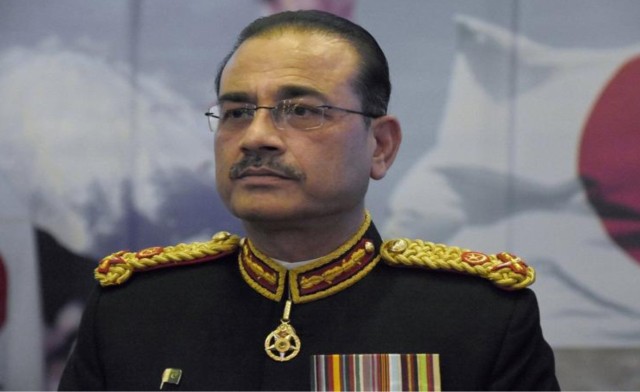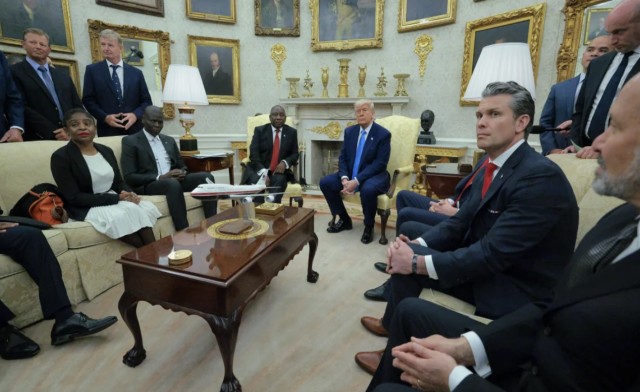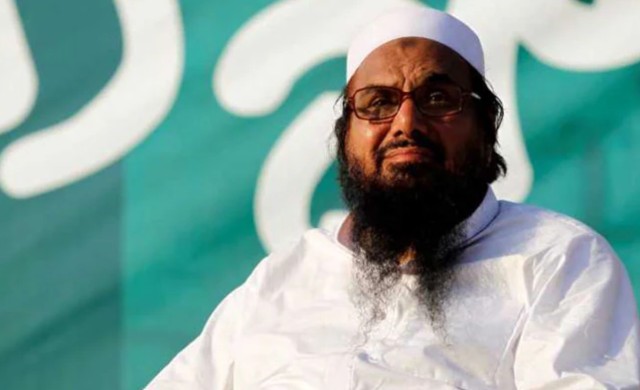
Hafiz Saeed, head of Lashkar-e-Taiba, planner of the Mumbai attack is roaming freely, Indian envoy said.
India’s fight against terrorism has taken a bold new direction. According to JP Singh, India’s Ambassador to Israel, Operation Sindoor is not over—only paused. In an interview with Israeli news channel i24, Singh declared that the operation may resume unless Pakistan hands over key terrorists. India is sending a strong message: cross-border terrorism will no longer be tolerated.
Ceasefire Holding, But the Mission Continues
Responding to questions about the ceasefire, Singh confirmed that it remains intact. However, he clarified that this doesn’t mean the conflict is over. “Operation Sindoor is paused, not over,” he stated. India’s counter-terrorism mission will continue. The focus will remain on eliminating terrorist groups and destroying their infrastructure. He added, “We have created a new normal. If there are terrorists, we will go after them—wherever they are.”
Pahalgam Attack Triggered India’s Response
Singh detailed the events leading to the operation. The Pahalgam terror attack on April 22 became the tipping point. Terrorists targeted people based on religion, killing 26 innocent civilians. India’s military response was aimed at terror camps across the border. In retaliation, Pakistan struck Indian military sites. This escalation made the need for a firm counter-terror policy even clearer.
India's Strike at Nur Khan Base Was a Turning Point
On May 10, India launched a surprise attack on Pakistan’s Nur Khan airbase. The move was described by Singh as a “game changer”. It caused panic in Pakistan. Their military officials reached out to India requesting a ceasefire, highlighting the strike's psychological impact.
Hafiz Saeed, Sajid Mir Must Be Handed Over
Singh made India’s demand loud and clear—Pakistan must extradite terrorists like Hafiz Saeed, Sajid Mir, and Zakiur Rehman Lakhvi. These men are responsible for heinous attacks, including the 26/11 Mumbai carnage. He pointed to the recent extradition of Tahawwur Hussain Rana by the United States. If the US can do it, why can’t Pakistan? “They just need to do one simple thing—hand over these terrorists,” Singh said.
Indus Water Treaty on Hold Over Broken Trust
The Indus Water Treaty (IWT), signed in 1960, is now in abeyance. Singh cited the treaty’s core principles—goodwill and friendship—as having been long ignored by Pakistan. “While India allowed water to flow, Pakistan allowed terrorism to flow in,” he remarked. He explained that the Indian public and leadership were frustrated. “Our Prime Minister said blood and water cannot flow together. That’s why we paused the treaty,” Singh added.


